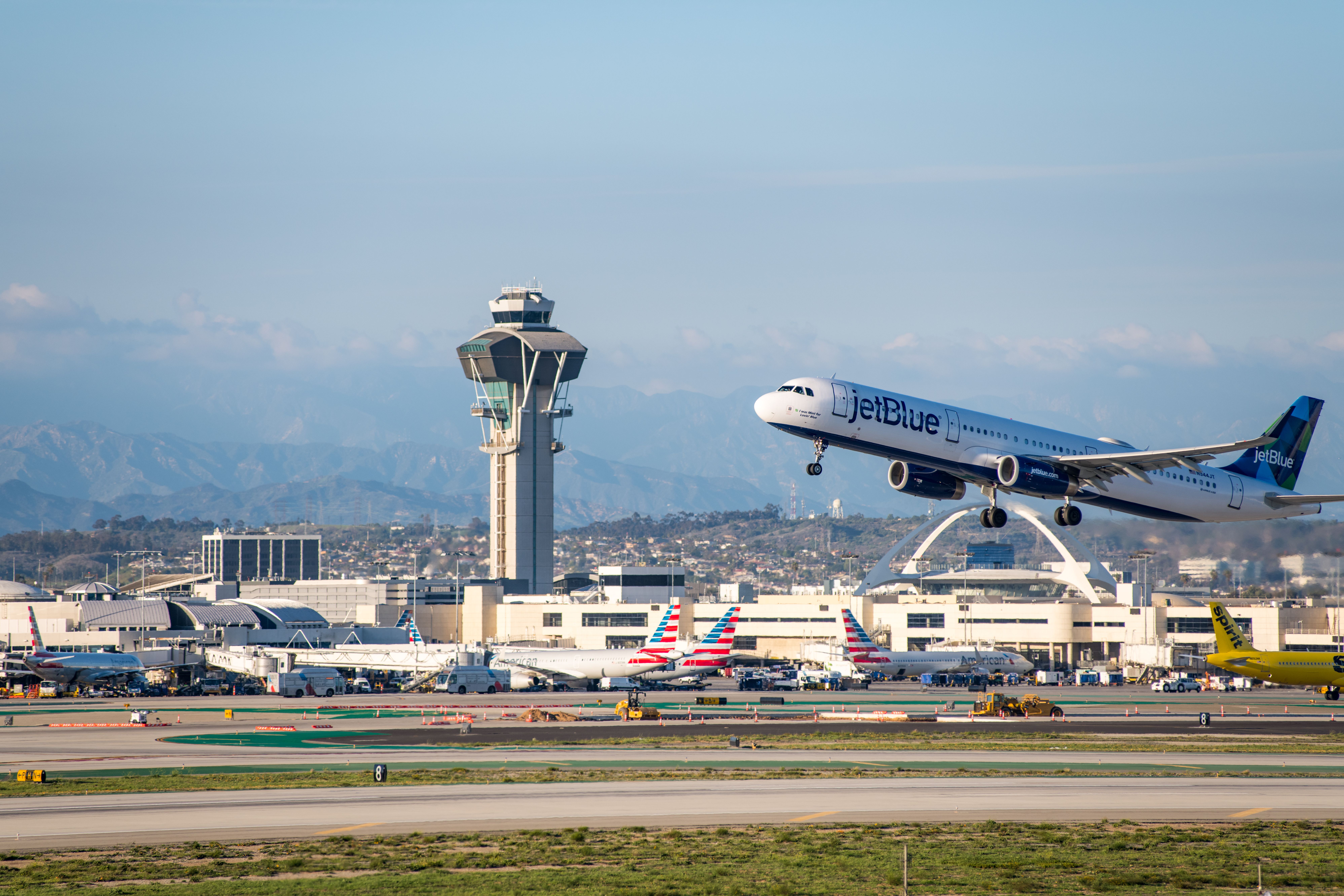Summary The FAA has denied a petition from the Association of Flight Attendants-CWA (AFA-CWA) to change the rules regarding smoke and fume events. The FAA argued that the latest Reauthorization Act has already mandated the regulator to study the topic. Meanwhile, the AFA-CWA criticized the legislation's language for being too ambiguous.
The Federal Aviation Administration (FAA) has denied a request from the Association of Flight Attendants-CWA (AFA-CWA) to change the way airlines report smoke and fume events on commercial flights. No criteria to change the rules In a response to the AFA-CWA, the FAA stated that after a review and considering the current priorities of the regulator, it has determined that the union’s petition does not meet the criteria to pursue rulemaking at this time. “However, the issue of cabin air safety and quality will be studied further in the near term, and if future rulemaking is determined to be necessary [.

..].
In the meantime, your comments and arguments for the proposed rule changes in your petition will be placed in a database, which the FAA will examine when the FAA considers future rulemaking.” The FAA argued that the newest Reauthorization Act directed the regulator to address these issues in a comprehensive way. Congress has mandated the regulator to develop a standardized system for crew members to study and issue recommendations on cabin air quality.
If appropriate, the FAA would issue a notice of proposed rulemaking (NPRM) to establish requirements for commercial airlines – operating under Part 121 rules – to address risks that would be identified by the aforementioned study. The NPRM could propose changes to how flight crew members are trained to handle smoke or fume events, the required actions to respond to such events, and the installation of onboard detectors. A new bill introduced in Congress could force the airline industry to adopt new protective measures.
Challenges defining the frequency of fume events Judith Anderson, the Industrial hygienist of the air safety, health, and security department of the AFA-CWA , sent the petition on behalf of the union to the FAA on November 8, 2023. Anderson, noting that the union has represented over 50,000 US-based flight attendants since 1945, highlighted that her 2021 scientifically published study concluded that in a ten-year span, engine oil and hydraulic fluid in bleed air was the second most prevalent type of onboard fume and smoke events. “Still, it is challenging to define the actual frequency of engine oil and hydraulic fume events.
Part of the reason is the wording of the FAA regulations intended to solicit the reports.” As a result, the proposed petition would improve the FAA Service Difficult Reports (SDR) dataset about smoke and fume events, with the data being more accessible and useful. According to the petition, the most common sources of these events were: Air conditioning packs Smoking or defective batteries Bleed air (specific type of contamination undefined) Deicing fluid Blown, disconnected, or clogged duct and/or insulation Electrical item/system Engine oil Engine wash Fan Fuel/exhaust Hydraulic fluid Oven/galley equipment Other, not classified Unidentified Toxins from various sources feeding into the cabin air supply can be very dangerous - particularly over the long term.
Ambiguous language The AFA-CWA stated that the current rules could be more precise in the way that they were worded and published. Currently, the FAA requires airlines to notify about each failed, malfunctioning, or defective component that has caused a smoke or fume event onboard an aircraft “The FAA does not appear to have defined “during flight,” but the Agency has defined “flight time” as the period during which an aircraft is moving under its own power for the purpose of flight.” However, that does mean that airlines do not have to report events that happen at the gate and that the rule omitted carriers from the requirement of reporting such events when a malfunction was not identified.
The union stated that these were significant omissions since first, there was an industry-wide consensus that Auxiliary Power Unity (APU) events may persist after pushback even if the APU has been turned off. APU-related fume events typically start at the gate, the union highlighted. As such, limiting reporting events to those that happen ‘during flight’ limited the number of APU-sourced smoke events, with the AFA-CWA proposing to change the language of the rule to include events that happen ‘during operation.
’ Secondly, some fume occurrences could happen due to worn-out engine bearings or seals, for example, which would not be classified as a mechanical failure. As a result, these events should be still reported. In addition to the language change, the AFA-CWA proposed that each fume event would be reported to the SDR with two standardized questions, namely the source of the smoke/fume and the was the type of event confirmed or only suspected.
The union argued that it was in the public interest to have a more accurate FAA SDR dataset and that the proposed changes would require minimal compliance costs since US-based airlines already report these events. "They Have Been So Rude": Passengers Slam British Airways After Airbus A380 Diverts To Boston Due To Smoke In Cabin Passengers claimed the airline was not being transparent in their messaging..



















